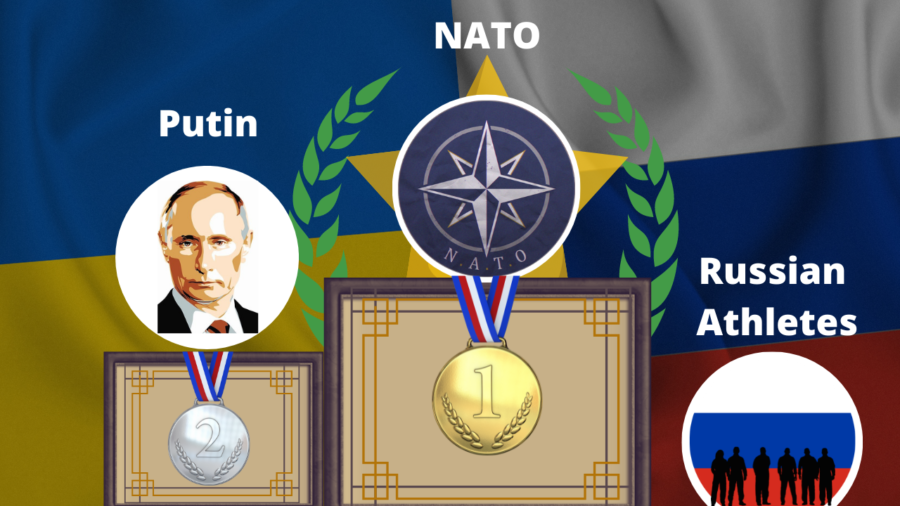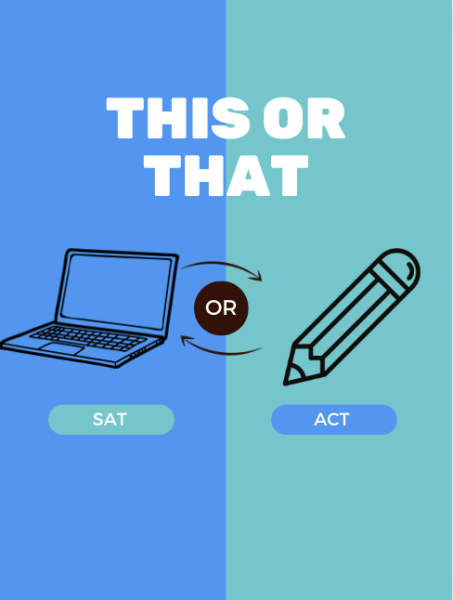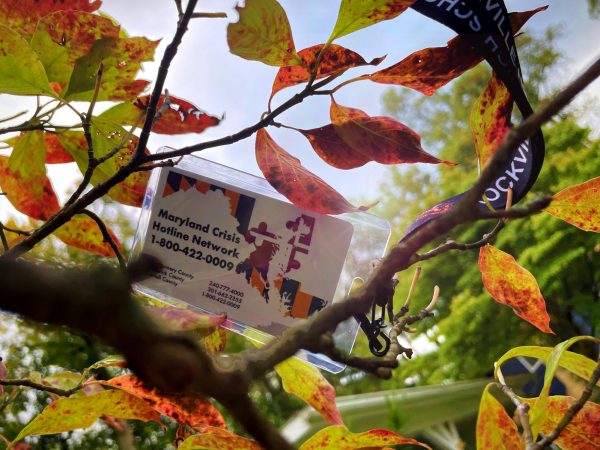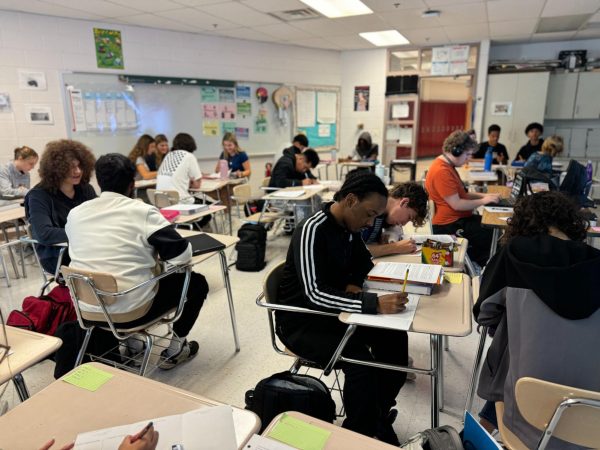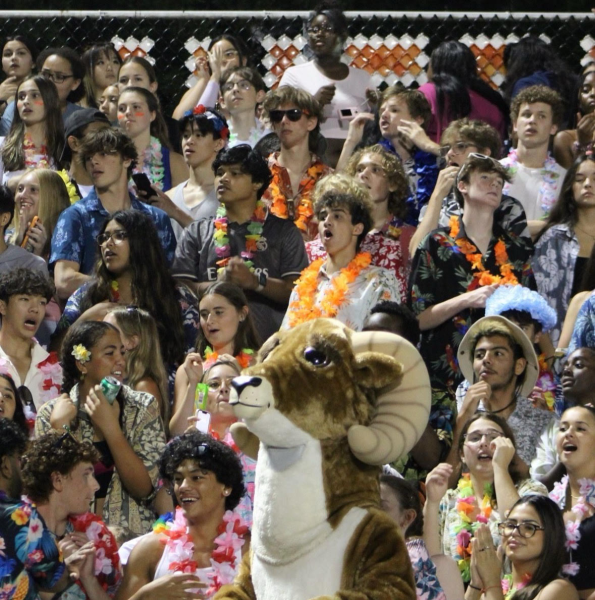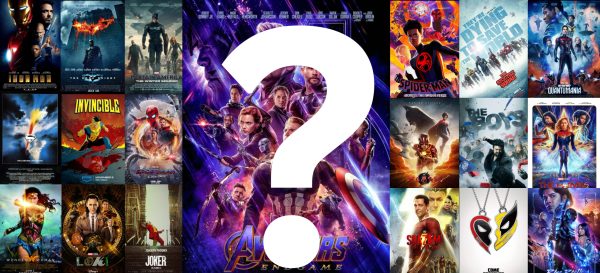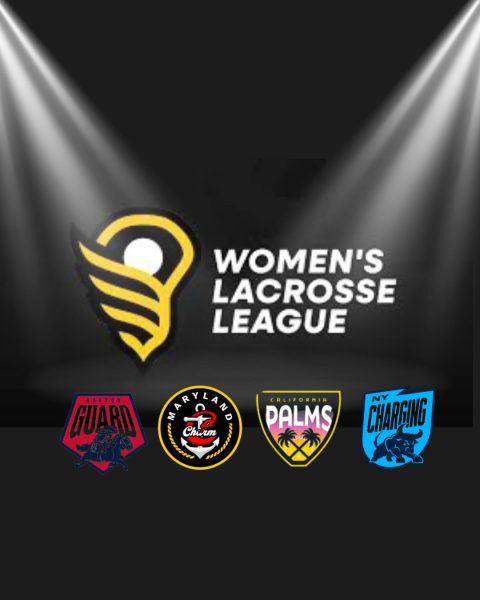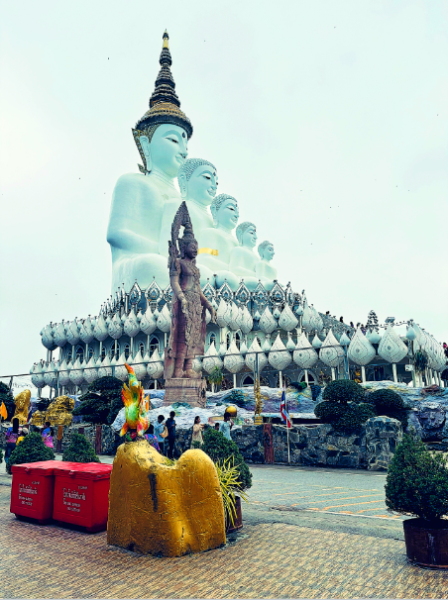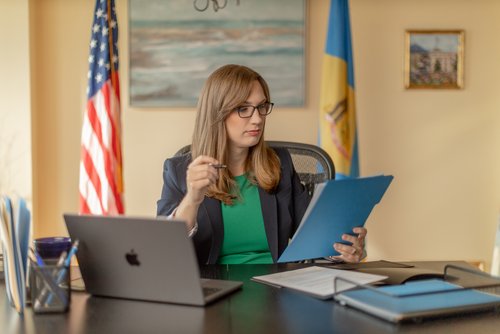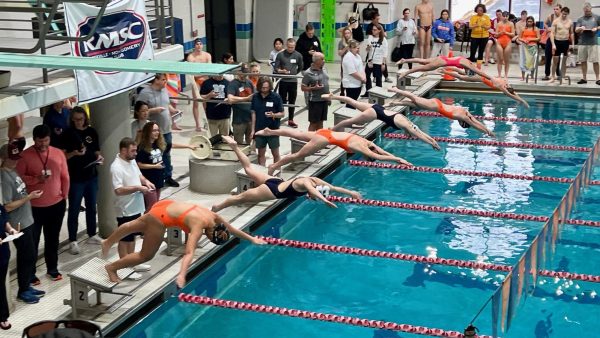Athletes: Latest Victims of Russian-Ukrainian War
In February of 2022, Russian President Vladimir Putin launched a full-scale invasion of Ukraine after weeks of tension along the border. The aim of the invasion, according to Putin, was to “fight neo-nazis” and ensure Ukraine’s neutral status. While the former claim lacks a factual basis, Ukraine’s potential NATO membership has been a point of contention dating back to the Bucharest Summit in 2008. Even so, the events of the last three months have undeniably shook the world.
Russia’s invasion of Ukraine evoked international sympathy, as well as responses against Russia, largely from NATO countries. The continued Russian aggression toward Ukraine has prompted the European Union to strengthen sanctions against Russia, including bans on Russian imports, exports, and vessels. And now, apparently Russian athletes?
The International Olympic Committee (IOC) has requested the barring of Russian and Belarusian athletes and teams from international events. While the suspension of the Russian Athletics Federation due to doping violations has been enacted since 2015, the IOC’s actions have led to bans on Russian athletes and teams from competing altogether.
The Union of European Football Associations (UEFA) imposed a ban on the Russian Women’s team from qualifying for the World Cup. Likewise, Wimbledon Championships barred Russian and Belarusian tennis players — many of which were high-profile contenders for the title. Player stances are divided.
“I think it’s very unfair [on] my Russian tennis mates, my colleagues,” Spanish tennis player Rafael Nadal told the press on May 1. “It’s not their fault what’s happening in this moment with the war.”
Largely, people agree that there is no easy way of addressing the situation. Although doing nothing may incite complaints of complicity, how far is too far? Whether politics has a place in sports elicits strong debates for both sides. But presently, these bans on Russian and Belarusian athletes are especially dangerous if others follow suit.
Sports bans contribute to the popularized narrative spread in Russia and China: that Russia is a victim of NATO aggression. An “iron curtain” presently exists between the media and the public. In both Russia and China, leaders have shut down independent media and intimidated journalists. With propaganda and censorship, millions of people in Russia and China only see their government’s side of the story. These bans only provide Putin ample ammunition for his “Big Bad NATO” victim narrative.
The separation of sports and politics in this instance is imperative. These athletes shouldn’t be used as collateral damage or human punching bags for their government’s actions. Despite global frustration, penalizing athletes is not a just course of action. This is hardly retribution, but rather a reckless assault on athletes’ livelihood. Using Russian athletes as scapegoats does not mitigate Ukraine’s dire situation. It sends a sour message — a message that, in truth, strengthens Putin’s distortions.


